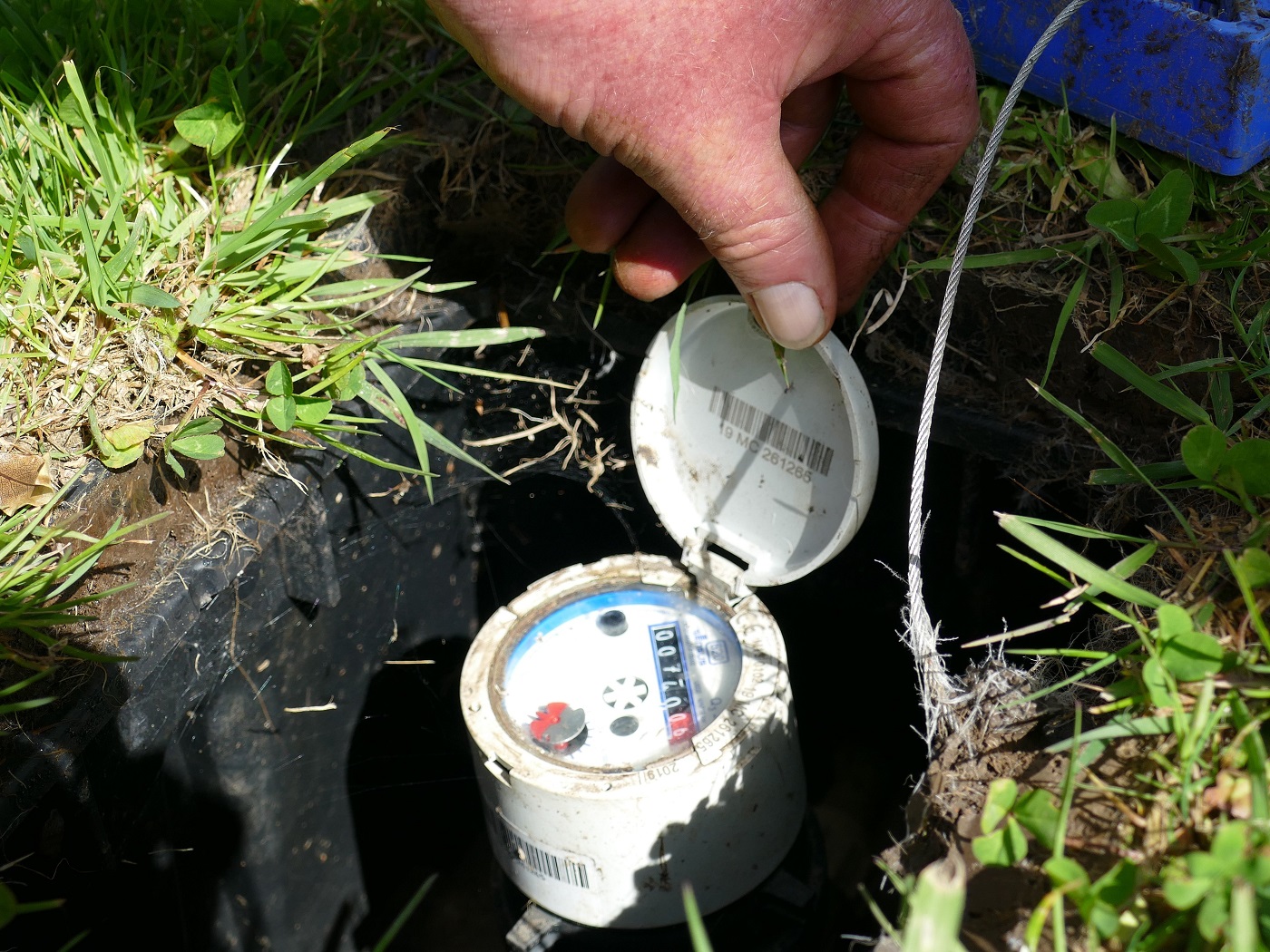
However, officials say full information regarding the change was provided by letter in advance, in accordance with council policy.
The Kaitangata couple, who did not wish to be named, said they only became aware their water usage was being metered when they received their first metered bill back in August.
Although they said it was not extreme, at about $30 for 158m3 over five months, they questioned why, in addition, they were still paying an unaltered general water rate of about $540, and had not been informed of the change.
"We’ve been about 13 years in Kai and, unfortunately, ill health means we’re both unable to work nowadays and so receive a benefit.
"Every dollar counts, particularly as the cost of living goes up with inflation, so even $30 has to be accounted for; but the real worry is what might have happened had we been more wasteful with garden watering, for example, without even knowing we were being metered?"
They said conversations with friends and neighbours had revealed only some Kaitangata properties had meters installed.
"Why have some people been metered and not others? It’s clearly unfair to be charging one house for metering on top of their rates, and not next door."
A council spokesman said there were now 66 metered Kaitangata properties, the owners of which had been sent a letter regarding the change in October, 2019.
Kaitangata has a population of about 750.
The spokesman said the property in question had a water meter installed that October, after notifying the council of a leaking toby.
"This was subsequently replaced with a new toby, manifold and meter as per council policy."
The council was gradually rolling out metering for some towns and properties.
"Council has started installation of water meters on all commercial properties in the district. Residential meters are added to properties when a water connection is updated or a new connection is installed. The exceptions to this are Stirling and Benhar, where all properties have water meters installed."
Water meter charges — at $1.90 per unit (1000 litres) — were only applied if usage exceeded an allocation of 366m3 a year.
In the 2019 letter, the council said metering would allow residents to monitor their water usage and take steps to reduce it.
Metering could also help identify water leaks, it said.











